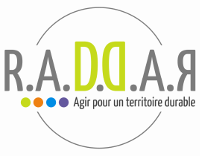It doesn’t matter if sharing medical records with clients, or sharing project data with remote collaborators, secure uploading and downloading of documents are crucial to the efficiency of users. These essential business processes are prone to attacks and data breaches when they’re not properly secured.
Implementing verification of file uploads into your portal is a great way to ward away the threat. This involves identifying potentially harmful information within the files of a user and verifying that they correspond to the extension they claim to have.
In practice, this means ensuring that your site is scanned for malicious file extensions such as.exe,.dll, and.bat, as well as encrypting files to prevent sensitive information from being stolen and leaking on the open web. It also means permitting users to upload recognizable, valid file types (like jpg or png) and removing potentially hazardous characters and patterns from file names in order to prevent hackers from hiding malicious content in innocent-sounding file formats.
Another important thing to consider is to make sure that your server does not contain sensitive information. This can be done by requiring users to input their password before they are able to dropbox data room access uploaded files. It is also recommended to encrypt the pass code supplied by the uploader and then send it to your server so that users can only access data on your system.
It’s also important to keep in mind that even the fact that you’re using secure websites and your files are secure but it’s best to never share copyrighted materials on a public platform. This could result in legal issues and instill distrust in the image of your company. Instead, you should use secure methods of exchange, such as email, fax, or meeting with colleagues in person to fulfill your business needs.
